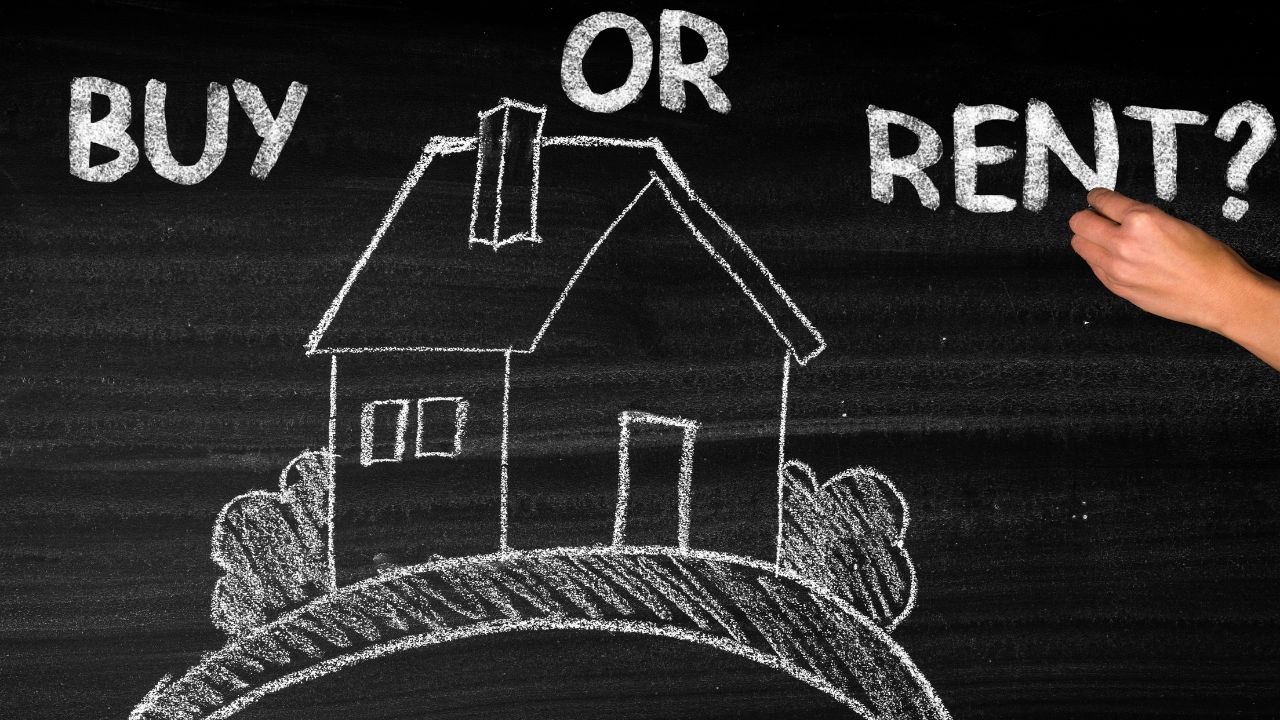 Would you feel comfortable living near a cemetery, or does the idea give you pause? For some, it’s no issue, while others might consider it a deal-breaker.
Would you feel comfortable living near a cemetery, or does the idea give you pause? For some, it’s no issue, while others might consider it a deal-breaker.
With over 144,000 cemeteries in the U.S., many are located near residential neighborhoods, making it a common scenario for homebuyers. But does proximity to a graveyard affect your lifestyle or your home’s value?
The Pros
1. Cemeteries Offer Green, Undeveloped Spaces
Graveyards are often beautifully landscaped and well-maintained, creating a serene environment. Since cemeteries are unlikely to face new developments, you won’t have to worry about sudden commercial projects or crowded neighborhoods altering the area’s character.
2. Quiet and Peaceful Atmosphere
Cemeteries are famously quiet. Aside from occasional activity during funeral services, the surrounding area remains tranquil—perfect if you’re seeking an escape from noisy neighbors or bustling city life.
3. Affordable Housing Options
Homes near cemeteries are often priced lower than comparable properties in other areas. Additionally, sellers in these areas may be more open to negotiation.
4. Larger Lots and Unique Charm
Properties near cemeteries may come with more space or larger yards. For those who appreciate the history and community connection that cemeteries represent, this can add an extra layer of appeal.
The Cons
1. The “Creepy” Factor
Let’s face it—living near a cemetery isn’t for everyone. Some people might feel uneasy or spooked by the constant view of headstones, while others may find it unsettling to be reminded of mortality regularly.
2. Environmental Concerns
There’s a potential risk of groundwater contamination from embalming fluids, coffin materials, or even mercury from medical products. However, with the rise of green burial practices, many cemeteries are adopting more eco-friendly approaches.
3. Longer Selling Time
When it comes time to sell, homes near cemeteries may take longer to attract buyers. The stigma surrounding graveyards can narrow the pool of interested buyers, though studies suggest it doesn’t significantly impact overall home values.
Should You Consider It?
Ultimately, whether or not to buy near a cemetery depends on your perspective and priorities. For some, the peace, affordability, and charm outweigh any reservations. For others, the psychological aspect might be too much to overlook.
If you’re comfortable with the idea, a home near a cemetery could be a unique and practical choice. But if it doesn’t feel like the right fit, it’s perfectly fine to keep searching for your ideal property elsewhere.
 Deciding whether to rent or buy a home is one of the most significant financial decisions you’ll ever make. Both options come with their own set of advantages and challenges, so it’s essential to weigh them carefully. Your choice will depend on various factors, including your lifestyle, long-term goals, and financial situation.
Deciding whether to rent or buy a home is one of the most significant financial decisions you’ll ever make. Both options come with their own set of advantages and challenges, so it’s essential to weigh them carefully. Your choice will depend on various factors, including your lifestyle, long-term goals, and financial situation.